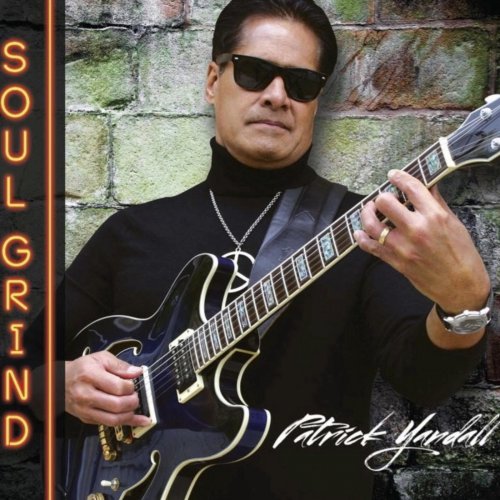Lucy Russell & Sezi Seskir - Beethoven Violin Sonatas, No. 4, No. 5, No. 6 (2020)
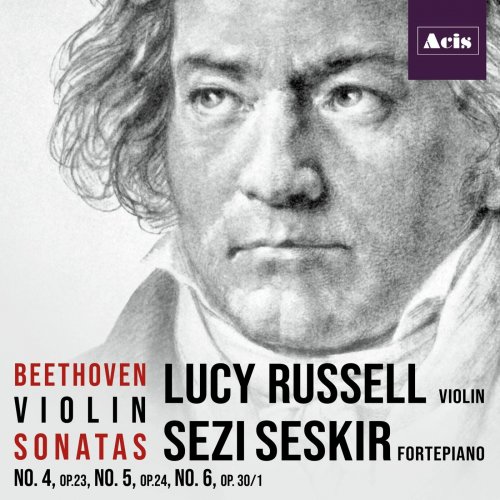
Artist: Lucy Russell, Sezi Seskir
Title: Beethoven Violin Sonatas, No. 4, No. 5, No. 6
Year Of Release: 2020
Label: Acis
Genre: Classical
Quality: flac lossless
Total Time: 01:09:33
Total Size: 300 mb
WebSite: Album Preview
TracklistTitle: Beethoven Violin Sonatas, No. 4, No. 5, No. 6
Year Of Release: 2020
Label: Acis
Genre: Classical
Quality: flac lossless
Total Time: 01:09:33
Total Size: 300 mb
WebSite: Album Preview
01. Violin Sonata No. 4 in A Minor, Op. 23: 1. Presto
02. Violin Sonata No. 4 in A Minor, Op. 23: 2. Andante scherzoso, piu allegretto
03. Violin Sonata No. 4 in A Minor, Op. 23: 3. Allegro molto
04. Violin Sonata No. 5 in F Major, Op. 24, "Spring": 1. Allegro
05. Violin Sonata No. 5 in F Major, Op. 24, "Spring": 2. Adagio molto espressivo
06. Violin Sonata No. 5 in F Major, Op. 24, "Spring": 3. Scherzo. Allegro molto
07. Violin Sonata No. 5 in F Major, Op. 24, "Spring": 4. Rondo. Allegro ma non troppo
08. Violin Sonata No. 6 in A Major, Op. 30 No. 1: 1. Allegro
09. Violin Sonata No. 6 in A Major, Op. 30 No. 1: 2. Adagio molto espressivo
10. Violin Sonata No. 6 in A Major, Op. 30 No. 1: 3. Allegretto con variazioni
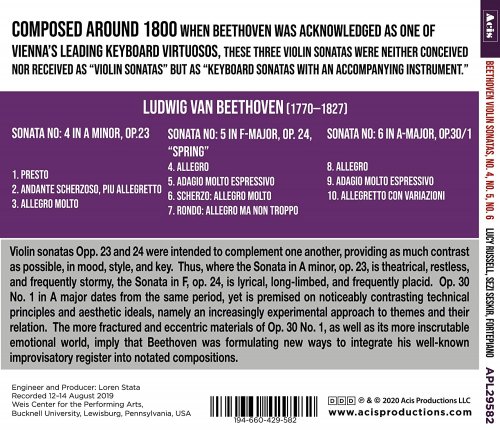
Composed around 1800 when Beethoven was acknowledged as one of Vienna's leading keyboard virtuosos, these three violin sonatas were neither conceived nor received as violin sonatas but as keyboard sonatas with an accompanying instrument. Opp. 23 and 24 were intended to complement one another, providing as much contrast as possible, in mood, style, and key. Thus, where the Sonata in A minor, op. 23, is theatrical, restless, and frequently stormy, the Sonata in F, op. 24, is lyrical, long-limbed, and frequently placid. Op. 30 No. 1 in A major dates from the same period, yet is premised on noticeably contrasting technical principles and aesthetic ideals, namely an increasingly experimental approach to themes and their relation. The more fractured and eccentric materials of Op. 30 No. 1, as well as its more inscrutable emotional world, imply that Beethoven was formulating new ways to integrate his well-known improvisatory register into notated compositions. Lucy Russell is renowned for her versatility as a violinist. As leader of the eminent Fitzwilliam String Quartet, which has just celebrated its 50th Anniversary in 2019, she has performed and recorded extensively for three decades. With the quartet, she performs music from Purcell to the present day, using - where appropriate - gut strings to connect with and convey the sound world of a given composer. The group has recently recorded Schubert's Death and the Maiden quartet and the A Minor on gut for the Divine Art Label, having already put down works by Haydn, Brahms and Bruckner on these setups for Linn Records. Recording of Schubert's G Major Quartet and the Quartet-Satz, with a completed second movement by Brian Newbould, commences at the start of 2020, again on gut. The strong association with the quartets of Shostakovich has continued with a recently released recording of his last three quartets. Lucy has achieved recognition for her thoughtful and committed performances as a soloist and also as leader of various ensembles. She is equally at home on modern or period set-ups and is dedicated to teaching the importance of versatility, flexibility and curiosity to her students, on either instrument. She teaches in a number of institutions and is Professor of Baroque Violin at the Royal College of Music, a visiting tutor at Birmingham Royal Conservatoire, a visiting Professor at St Andrews and a director of the York Baroque Ensemble. Her recording of Bach's Obbligato Violin Sonatas with John Butt was highly praised, receiving a five-star review from BBC Music Magazine: for sheer freshness, insight and life-enhancing joy, this newcomer goes to the top of the class alongside Podger and Pinnock, Manze and Egarr Sezi Seskir received her first degree in piano in her native, Ankara, Turkey. She went on with her studies in Lübeck Musikhochschule and then completed a D.M.A. degree in performance practice with Malcolm Bilson at Cornell University. She has concertized widely in Europe and the US and over the past five years, has performed regularly with violinist Lucy Russell. She feels at home with both modern and historical instruments, performing different repertory on each instrument as appropriate. Her academic writing has been published by Studio Punkt Verlag in the collected editions Schumann Interpretieren and Schumann Studien 11. Seskir edited Schumann's keyboard works for the Schumann complete edition for Schott and is an editor for Bärenreiter publishing house. She is a sought-after teacher in Pennsylvania, where she resides. Her students received awards at regional piano competitions. She is currently an assistant professor of music at Bucknell University. Sezi Seskir plays on a Johann Schanz copy built by Thomas and Barbara Wolf. Lucy Russell plays on a violin by Ferdinand Gagliano with a bow by John Dodd and open D, A, E on gut strings.

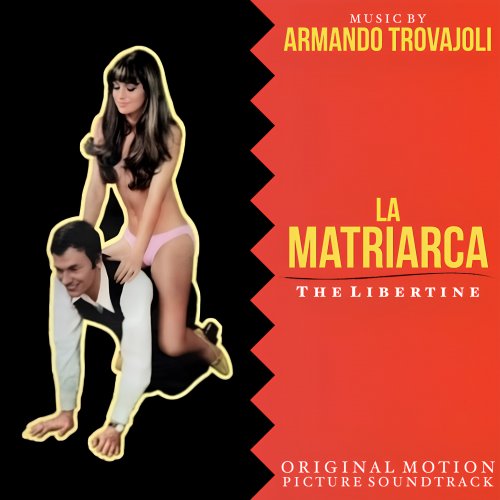
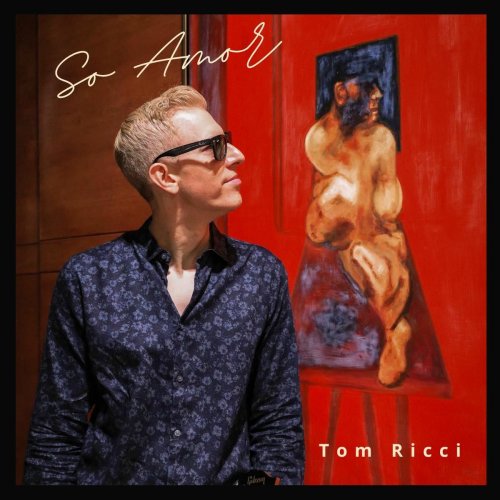
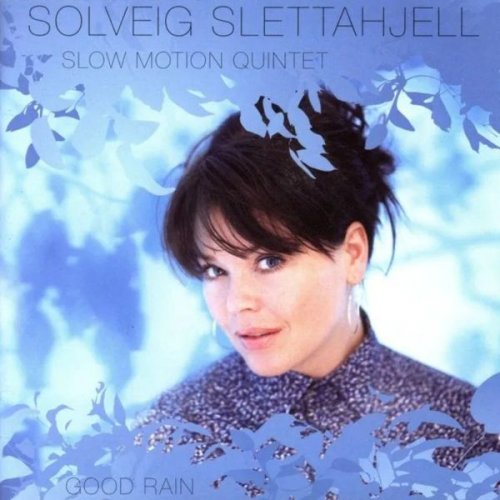
![Elian Zeitel - Yes, of course it hurts (2025) [Hi-Res] Elian Zeitel - Yes, of course it hurts (2025) [Hi-Res]](https://www.dibpic.com/uploads/posts/2025-10/1761551899_q3xjwfcd0lh9b_600.jpg)

![Makaya McCraven - PopUp Shop (2025) [Hi-Res] Makaya McCraven - PopUp Shop (2025) [Hi-Res]](https://www.dibpic.com/uploads/posts/2025-10/1761832078_8xpqb5e9su83wh3whz95o527a.jpg)
